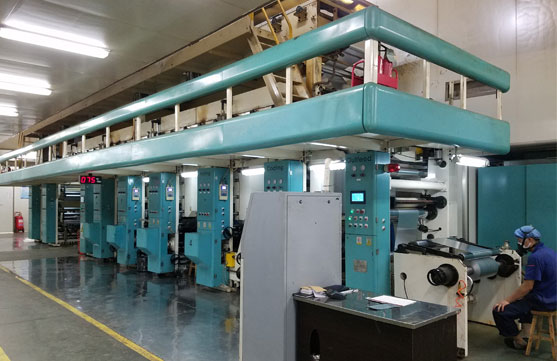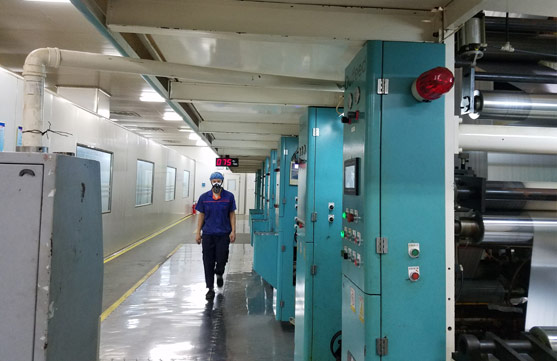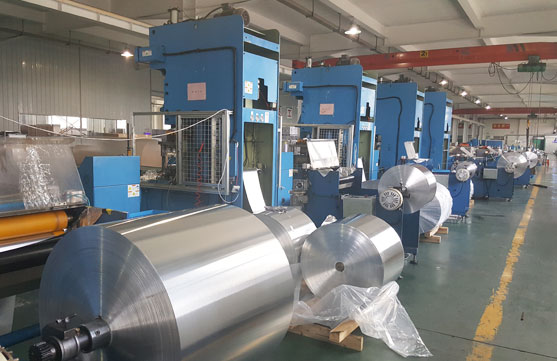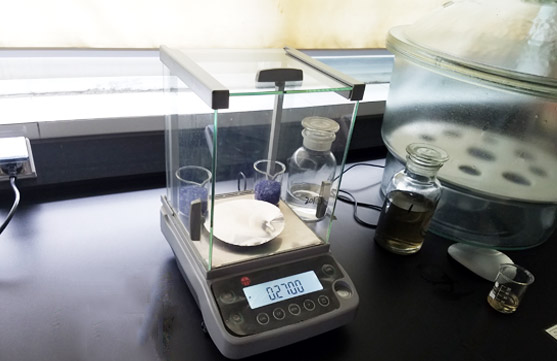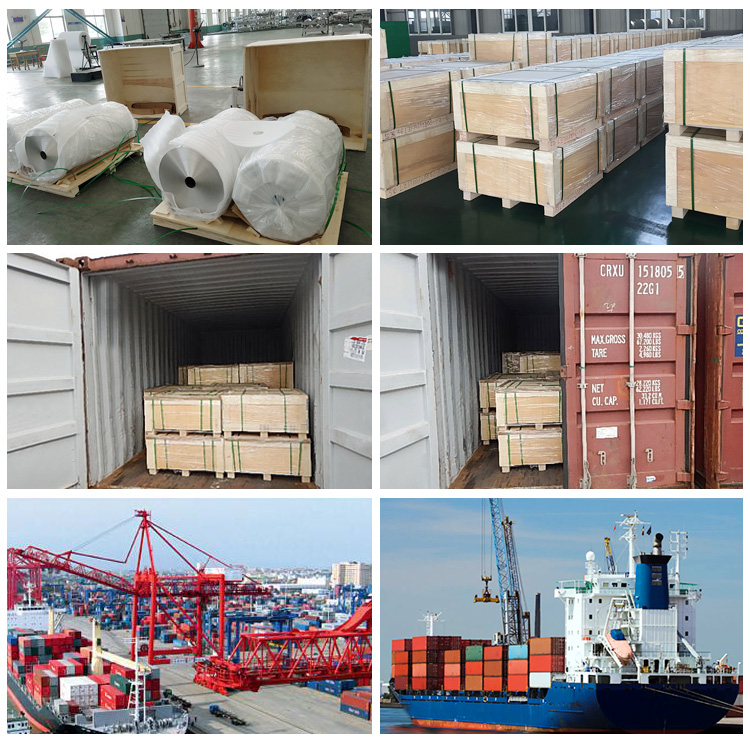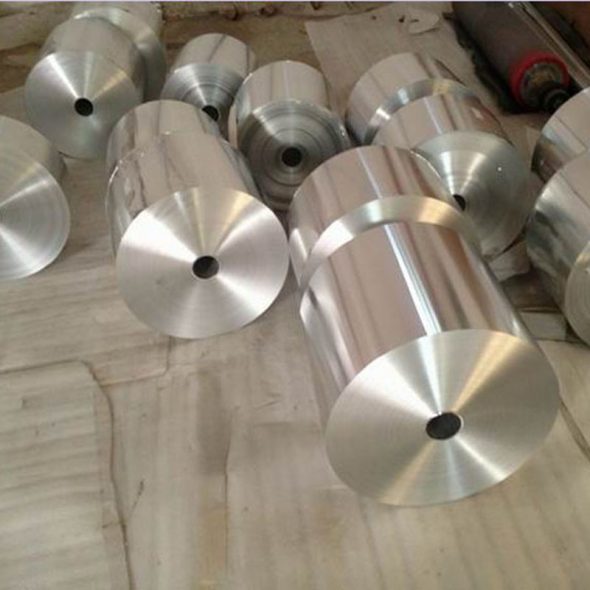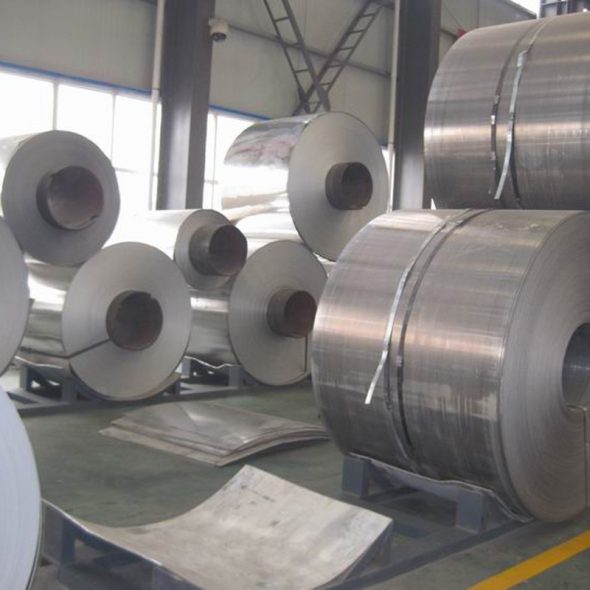1100 aluminum foil
PRODUCT INTRODUCTION
1100 aluminum foil is the most commercially pure alloy of all the aluminum grades. 1100 aluminum coil and 1100 aluminum sheet are both available for various applications including chemical storage and processing equipemtn. Benefits of 1100 aluminum coil & sheet include a 99% or greater content of aluminum compared to other grades of aluminum. 1100 is a low strength aluminum alloy with excellent corrosion resistance. This grade is best used for welding, brazing and soldering but has poor machinability. 1100 aluminum foil has great finishing capabilities so it is a great choice for decorative purposes.
1100 aluminum foil :
TW has a wide range of sizes readily available to the AMS 4001 for O temper, AMS 4003 for H14.
1100 Aluminum Foil (O) .003″ Thick x 48″ Wide x 100 Feet Long Roll
Thickness Tolerance: +/- 10%. Length Tolerance + 5 feet. Width and length tolerances for ±1/16″.
Yield Strength: 2,500 PSI
Thickness:0.06-0.2mm
Width:100-1500mm
Hardness 23 Brinell
Temper Softened (O)
Temperature range -20 to 300F
Non Magnetic, Non Heat Treatable
Grade 1100 is 99% Aluminum content. It offers superior corrosion resistance, weldability, formability and conductivity.
1100 Aluminium foil properties:
1.High plasticity and corrosion resistance
2.Elevctrical conductivity and thermal conductivity
3.Gas welding,hydrogen welding and resistance welding
4.Under various pressure processing and extension,bending
1100 Aluminium foil application:
1.Food Preparation: Aluminum foil is “dual-ovenable” and can be used in both convection and fanassisted ovens. A popular use of foil is to cover thinner sections of poultry and meat to prevent
overcooking. The Henan Mintai also provides recommendations on limited uses of aluminum foil in microwave ovens.
2.Insulation: Aluminum foil is 88 percent reflective and is widely used for thermal insulation, heat exchanges and cable liners. Foil-backed building insulation not only reflects heat,also provides a protective vapor barrier.
3.Electronics: Foil in electrical capacitors provides compact storage for electric charges. If the foil surface is treated, the oxide coating works as an insulator. Aluminum foil capacitors are commonly found in electrical equipment, including television sets and computers.
4.Geochemical Sampling: Aluminum foil is used by geochemists to protect rock samples. Foil provides a seal from organic solvents and does not taint the samples as they are transported from the field to the lab.
5.Art and Decoration: Anodizing aluminum foil creates an oxide layer on the aluminum surface that can accept colored dyes or metallic salts. Through this technique, aluminum is used to create inexpensive, brightly colored foils.




